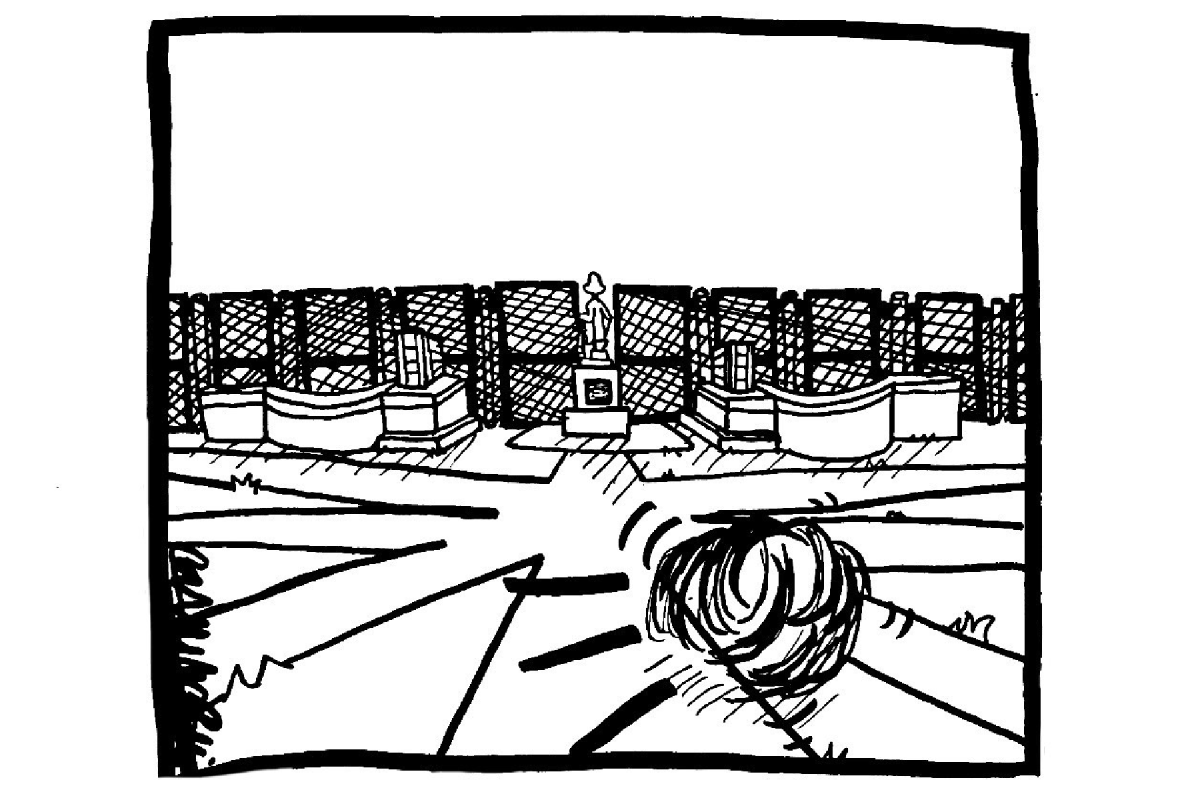When GW became affiliated with Mount Vernon College in 1996, MVC professors never expected to lose their jobs. The pinkslips came, though, after assurances that GW would make MVC a top women’s college. Instead, a newly reconstituted MVC board of trustees, headed by GW administrators, terminated professors’ contracts in 1999. Now 13 of those former Mount Vernon faculty members are filing suit, seeking compensation from GW and MVC. The complaints against GW were dismissed in May. However, the case against MVC, which still exists as a separate entity on paper but is now clearly a division of GW, will go before a D.C. judge Monday. Regardless of the outcome of the lawsuit, GW should have attempted to deal in good faith with the faculty members it fired.
The Chronicle of Higher Education highlighted the plight of the professors suing MVC in its March 23 issue, exposing the dealings that resulted in GW’s control of Mount Vernon. Administrators often offer contradictory statements regarding the past and future of GW’s newest entity. MVC Executive Dean Grae Baxter was quoted by The Chronicle saying, “Mount Vernon as it was known is gone.” But in a fundraising letter to MVC alumnae, she wrote, “Only with your support … can we ensure that the Mount Vernon of the future is the same Mount Vernon that changed and shaped our alumnae.” These two seemingly irreconcilable statements sum up GW’s policies toward MVC. Few would dispute that the college is and has been a division of the University since 1996, but administrators say they originally did not intend to absorb the tiny school.
The professors filing suit, who are in their 40s and 50s, had tenure or would have been eligible tenured in a few years. But once GW moved in, they were given 17 months notice and $1,000 to find a new job in a tight academic job market. The prospects of professors finding positions with equivalent benefits to those from which they were fired were extremely remote. GW officials insist they had nothing to do with the firings; MVC dismissed the faculty once it became insolvent in 1999, they said. Even University President Stephen Joel Trachtenberg chimed in, saying in a deposition, “They didn’t work for me.”
When a GW vice president chaired an MVC board of trustees packed with other GW administrators who got their marching orders from the University, GW clearly had a hand in the firings. While the former professors’ lawsuit will likely fall flat, the University employed questionable ethics by hastily terminating the professors’ contracts it acquired when purchasing MVC.




